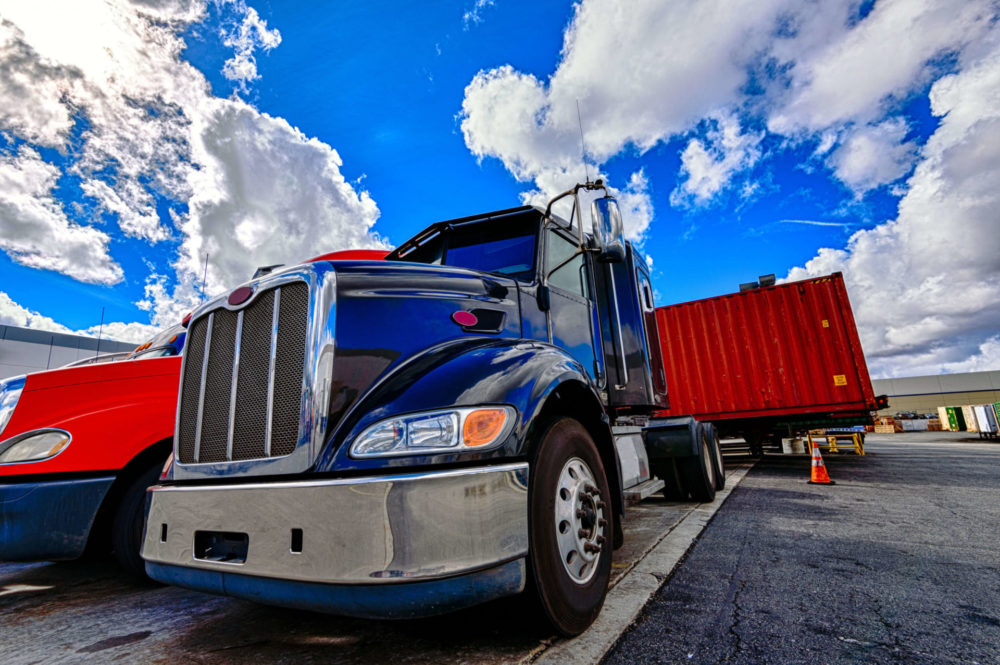Commercial truck insurance is a must for any company in the trucking industry. However, this is even more important if you’re a small business owner. Since truck insurance is geared more towards large-scale companies, it can be costly for smaller ones. It depends on the type of trucks a company owns, the risks involved, and their drivers’ experience.
There are several insurance plans that you can choose from and understanding these plans can help you select the right insurance for your business. We’ll walk you through the different commercial truck insurance coverages in this comprehensive guide.
Understanding Commercial Truck Insurance
The following are your options when it comes to commercial truck insurance for your business.
Basic Coverage
The basic coverage plan offers two types of insurance, i.e. collision insurance and comprehensive coverage. Collision insurance refers to the damage you caused in an accident to another driver’s vehicle. It also includes the damage your truck takes during the accident.
In addition, comprehensive insurance works similar to standard car insurance where you get coverage up to a certain amount. Also, the damage has to occur from something other than a collision.
Specialized Coverage
Commercial trucking insurance companies offer specialized plan options for their customers too. These insurance plans cover all kinds of damages no matter the scenario.
For example, truckers that transport cargo have to have auto liability. It provides coverage to the injured party and damage to their property. Cargo insurance covers any damage done to the goods you’re hauling. The amount of coverage you need depends on the type of cargo you’re hauling and how much.
Non-Trucking Coverage
Other insurance coverages such as bobtail insurance, occupational coverage, non-trucking liability, and coverage for personal items are important as well.
Bobtail refers to the period after the cargo has been delivered or if the driver is using the truck for personal use. This resembles non-trucking liability, which covers the truck when it isn’t hauling cargo, whether it’s pulling a trailer or not. Occupational coverage will provide financial protection in the event a driver is injured while on the job.
Premiums
Premiums are monthly payments that policyholders pay their insurer to keep their coverage active. It can be combined with your truck payment if you buy your truck from a dealer. However, this may be the more expensive option compared to buying it from an insurance company.
Policy owners can cancel the policy at any time without worrying about it affecting their credit score. However, you’ll still need to pay the remaining balance before the policy is officially canceled.
A lot of things can affect the cost of your premium. Such as your age, driving history, location, and credit score.
Deductibles
Your deductible is the amount you agree to pay before your insurer kicks in to cover a claim. The amount typically varies between $500 and $2,000. If you have a bad driving record, likely you’ll end up with a higher deductible.
Get Truck Insurance Quotes
It’s also important to get the right insurance to protect your trucking business. Our team of transportation insurance agents would be happy to help with that. We like to make insurance easy and help save you money on your truck insurance. It’s what we do.
To get started, fill out our online quote form or give us a quick call. You’re one step away from getting a competitive trucking insurance quote!
Source
https://www.merchantmaverick.com/understanding-commercial-truck-insurance/


